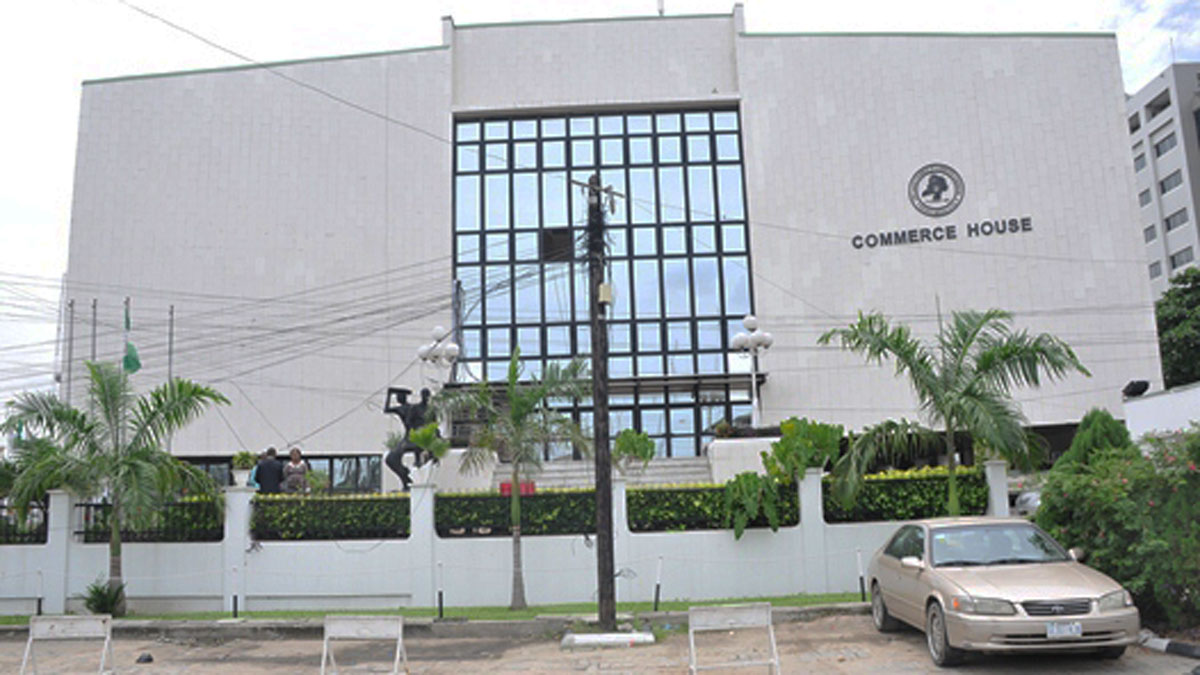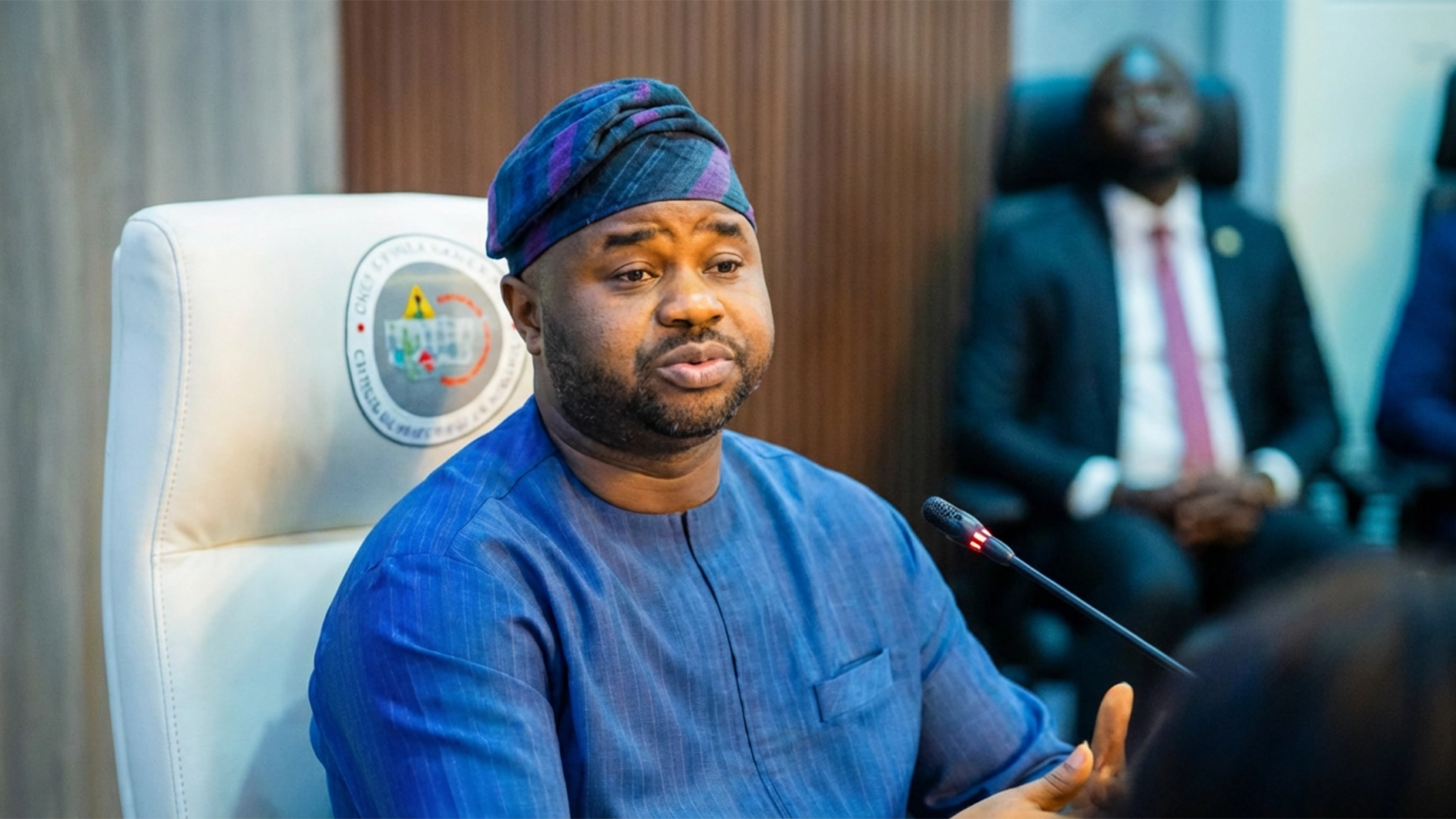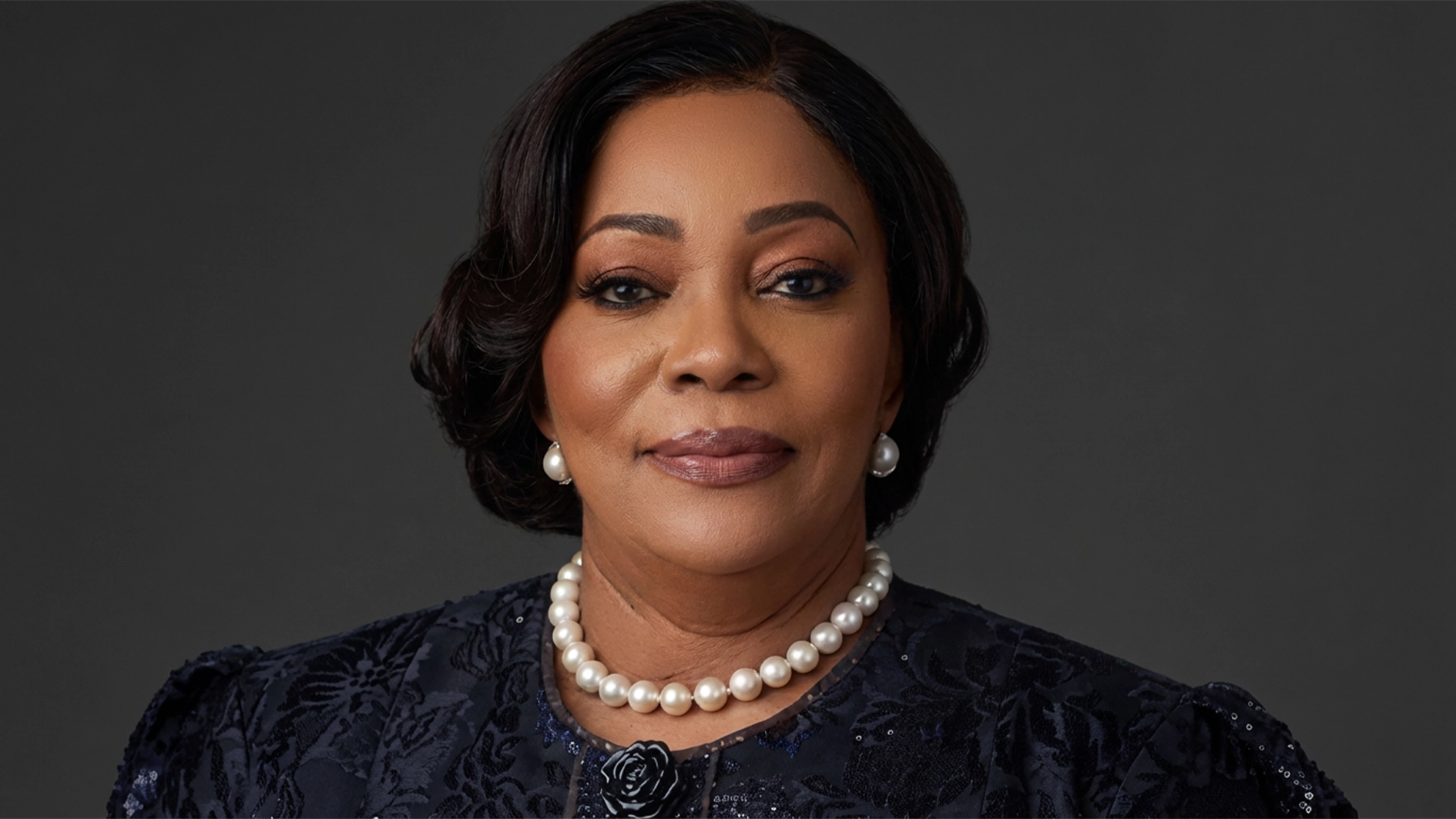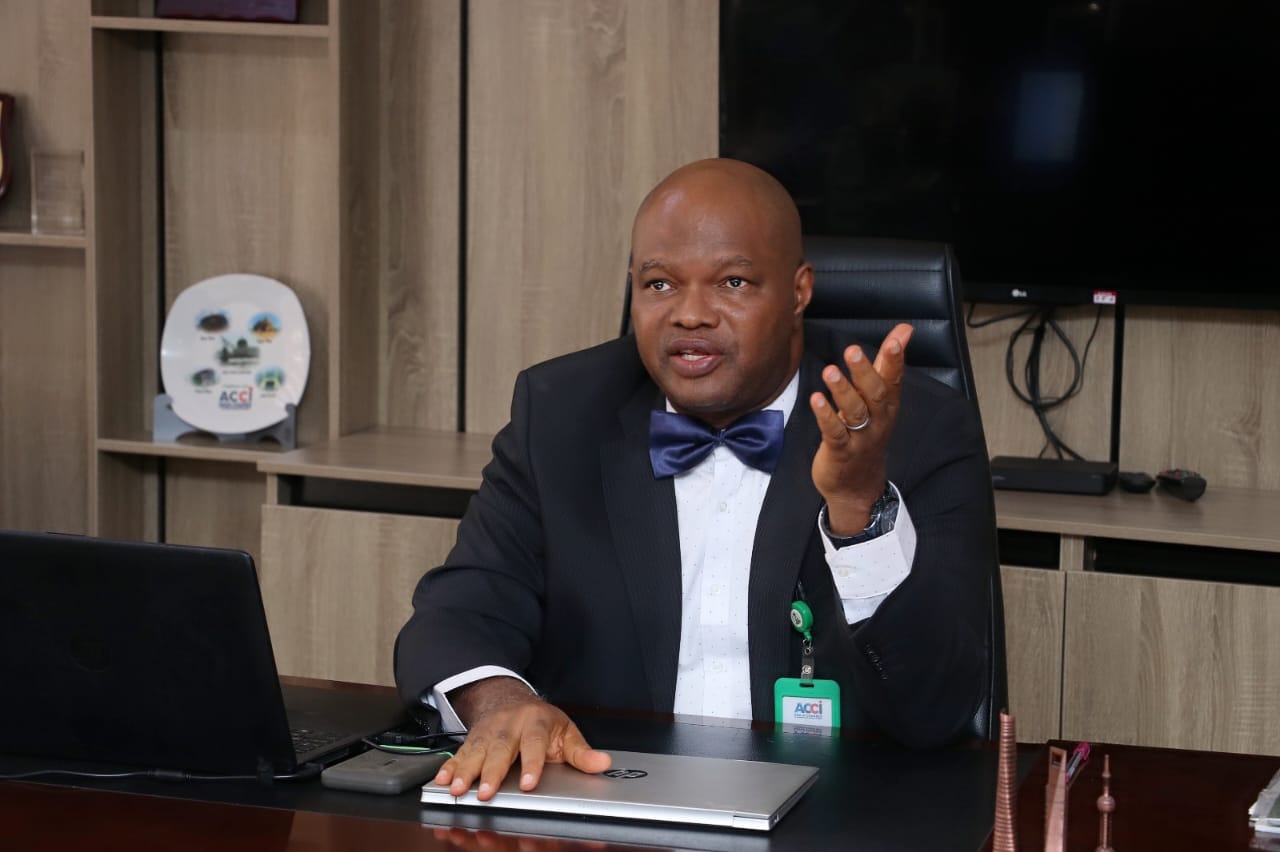
He also raised the alarm over United States’ plan to spend over $1 trillion within the next three years on its infrastructure stock, stating that as the American government borrows to bridge their infrastructure gap, interest rates would further rise and could stifle capital flows to Nigeria.
Salami during a breakfast meeting organised by the Nigerian-American Chamber of Commerce themed: Nigeria After The recession: 2018 Q1 Review and Economic Outlook for 2018, said, “We have seen the tax reforms that the Americans are pursuing and this is going to raise their deficit which means that they will borrow more and borrowing means interest rates will go up further so that creates a problem.
“Another dimension of the American policy that is definitely bothersome is America’s inward looking stance of “America first” that could tip the global economy into trouble.
We are aware of the tariff impositions, trade disputes and trade war the Americans are gearing up for and if this trade war ignites, it could put the global economy back into slower growth mode and if that happens, the demand for oil could be imperilled,” he said.
He said the reasons why the nation’s foreign reserves is growing is due to the fact that the Central Bank of Nigeria (CBN) has been intervening in the market, alongside government borrowing and recovery in oil prices.
He predicted that between now and the elections, the economy would be stable, stressing that post-election would be the time the nation would deal with fundamental issues.
“There are major challenges Nigeria must resolve going forward. They must determine the role of price mechanism in resource allocation. Access to credit is rather concentrated in Nigeria, the top 100 customers across the banking system are responsible for about 45 per cent of total borrowing while 81 per cent of lending by the banks is made to those who are borrowing a billion naira and above.
“So there is a major concentration in terms of access and also a challenge in terms of cost, a private company borrows at 18 per cent while a non private company borrows at 27 per cent and these are challenges we need to resolve,” he said.
He said to reduce interest rates, government borrowings must go down, but stated that government borrowing is increasing, advising that the way forward is to swop from domestic borrowing to international borrowing provided that the country does not experience another oil price problem.
Also speaking at the event, the president, Lagos Chamber of Commerce and Industry (LCCI), Babatunde Ruwase, said the manufacturing sector is yet to recover from the recession, stating that manufacturers are still plagued with issues bothering around availability of raw materials, delay in access to forex window and the declining purchasing power of consumers.
“Government policies are affecting the manufacturing sector, it is increasingly getting more difficult to operate in the economy,” he said.
On his part, the president, Manufacturers Association of Nigeria (MAN), Frank Jacobs, said the food, pharmaceutical, electrical and basic metal sectors of the economy have all experienced slight positive growth, but stated that the sector is still faced with power supply challenges.
“The sector spent about N129 billion on sourcing for alternative power supply. You can imagine if we channel these resources into other operations, but we are hopeful that the outlook for 2018 will be fair on the industry,” he said.
[ad unit=2]






